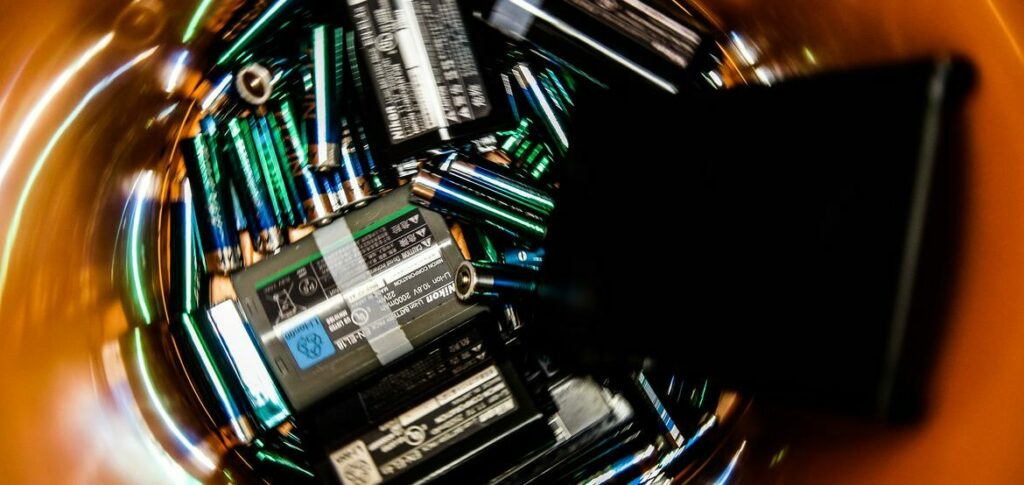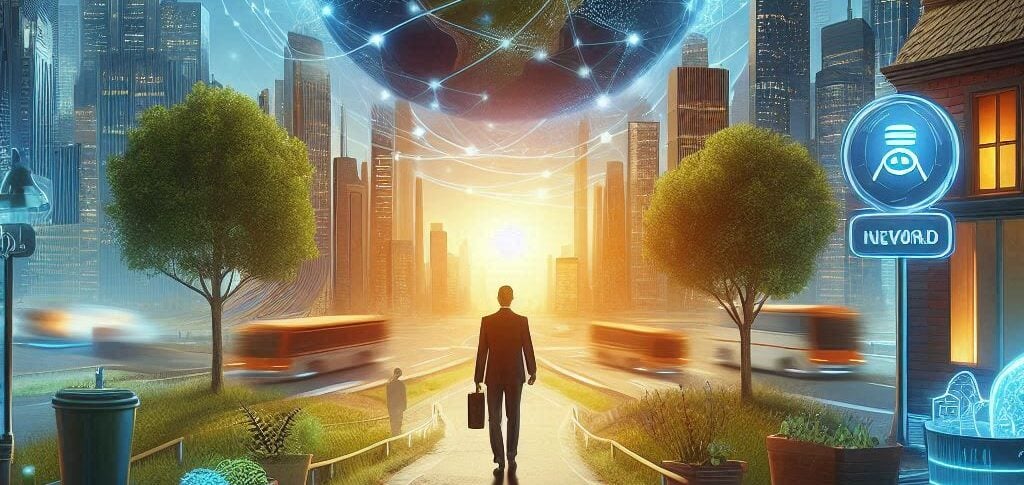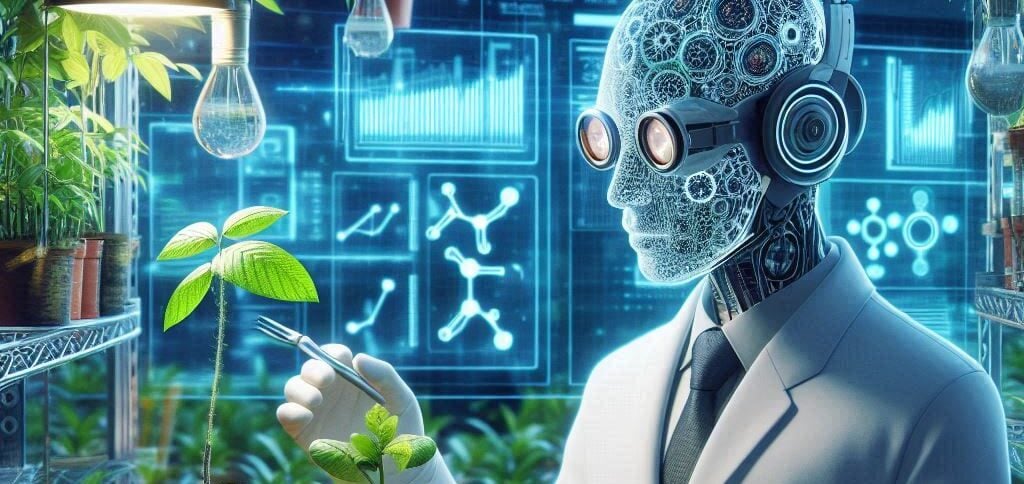🗑️ Recyclable waste and correct disposal of electronics 🗑️
A survey carried out by MindMiners for the Samsung shows that 62% of Brazilians who have already incorporated the habit of separating waste also correctly dispose of electronic products for recycling and 94% of those interviewed consider the habit of recycling to be very important or important, in addition to being concerned about the impact on the environment.
ADVERTISING
The research was carried out at the beginning of August and aimed to identify the behavior of consumers in Brazil regarding recycling in general, such as electronic products.
+ Data
- 38% of respondents say they donate electronic devices that still work to others
- 29% prefer to sell or dispose of in appropriate places for this
- 24% save it for emergency use occasions.
The survey also showed that 72% of respondents are concerned about their own environmental impact. But the practice of recycling is greater depending on its practicality, being more common in homes where the free selective collection service is available.
See the research in the newsroom Samsung.
Bread company makes 100% of its packaging with materials that can be recyclable after consumption
ADVERTISING
A bakery company called Bimbo Brasil achieved the goal of 100% of packaging produced with recyclable materials. The objective of reducing the environmental impact in operations and the entire portfolio is made up of sustainable packaging, which facilitates post-consumer reverse logistics.
Reduction of
With this achievement, the company uses 200 tons less plastic.
According to the report by the World Wide Fund for Nature, Brazil is the fourth largest producer of plastic waste in the world, with 11,3 million tons and, of this total, only 145 thousand tons (1,28%) are effectively recycled, or that is, reprocessed in the production chain as a secondary product.
ADVERTISING
“The entire project reflects the company’s commitment to reducing environmental impact. In addition, of course, to meeting the demand of consumers who are increasingly attentive to truly effective actions by companies in relation to sustainability”, explains Alfonso Argudín, general director of Bimbo Brasil.
Fiji's challenge
In recent years the Fijian government has had a task force to figure out how to move the country forward. The plan with 130 pages of pure text, graphics and extremely detailed timelines is titled as: Standard Operating Procedures for Planned Changes. It is a very complete plan to deal with an emergency caused by the climate crisis: how to relocate people whose homes, soon or already are, underwater.
Fiji is located in the South Pacific, around 2.800 km from eastern Australia, has more than 300 islands and around 1 million residents. In the Pacific, the impacts of the climate crisis are more extreme. Soil temperatures and ocean heat in the Southwest rise three times faster than the rest of the world. Cyclones hit the region severely routinely.
ADVERTISING
Currently, 42 villages in Fiji have been earmarked for relocation within 5 to 10 years because of the climate crisis. Six have already been transferred. With disasters or new cyclones, new villages are at risk of being included on the list.
O Curto Verde is a daily summary of what you need to know about the environment, sustainability and other topics linked to our survival and that of the planet.



